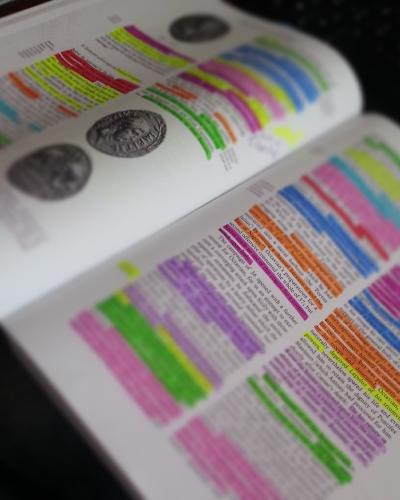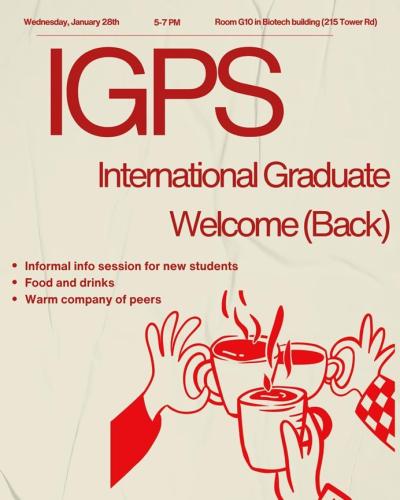I’m Hugo Milan, a writing and presentation tutor for international graduate students and post-docs.
I am from Brazil and I started my Ph.D. in Biological Engineering in the Fall 2015. During my first semester, I started getting involved with the ELSO and never stopped.
What motivated you to begin tutoring writing?
My main motivation to become a tutor was to help international graduate students and post-docs at Cornell to develop strong communication skills. Communication is powerful and mastering writing and oral communications in academia is key to be successful in any career stage. Specifically, I hope I can help them write stronger, clear, well-polished papers and prepare effective presentations.
What is your favorite aspect of tutoring writing?
I like the exchange of knowledge that happens during a tutoring session. I get to pick on what cutting-edge developments are happening at Cornell and the students get to learn strategies to improve their communication skills.
What’s a common piece of writing advice you give to students?
Two easy things can improve your writing substantially: sentences that flow; sentences with clear subjects and action verbs. At the ELSO office and blackboard page, we have two handouts that specifically address these two topics. Because I think that addressing these two topics improves a paper substantially, I frequently give these handouts to our students.
What one piece of advice would you give to new college writers?
This is an advice about flow. When creating sentences that flow, never start a sentence with a new idea. New ideas might confuse the reader on what you are discussing. If your discussion is jumpy, your readers might not get your point, specially if they do not have the same background as you do.
What did you think about the paragraph above? Did you note the pattern in the sentences. Advice → Flow. Flow → new idea. New ideas → discussing.
Now, compare the first paragraph with the paragraph below. The information is the same but the sentences were restructured to break the flow. Which paragraph do you like the most?
This is an advice about flow. Never start a sentence with a new idea when you want to create sentences that flow. In your discussion, new ideas might confuse the reader. If your discussion is jumpy, specially if they do not have the same background as you have, your readers might not get your point.
What is your favorite writing strategy?
My favorite writing strategy is to separate writing in three stages: composing, revising, and editing. During the composing stage, what matters are the ideas. I write without concerning if an idea is good or if a sentence is grammatically correct. I even might switching between English and Portuguese (multilingual students have the advantage to abstract away ideas/concepts from language). After several ideas are in the paper, I move to the revision stage. During the revision stage, I critically think about those ideas and look for logical connections between the ideas that survived. When reflecting about logical connections, I frequently find places that need more ideas and then I move back to the composing stage. I might loop between composing-revising several times until the paper is well structured. Only after my (very bad) rough draft is well structured, then I move to the editing stage. At this stage, I think about word choice, flow, action verbs, and all other details. When thinking about these details, I might go back to composing or revising.
The reason why I leave editing to last stage is to avoid working hard on a paragraph/idea that might be removed during the revision stage. Think about it. After several versions, a paper might go another direction and a particular paragraph/idea might not fit nicely anymore. If you worked hard on a particular perfect paragraph/idea that was removed, then your time was wasted.





